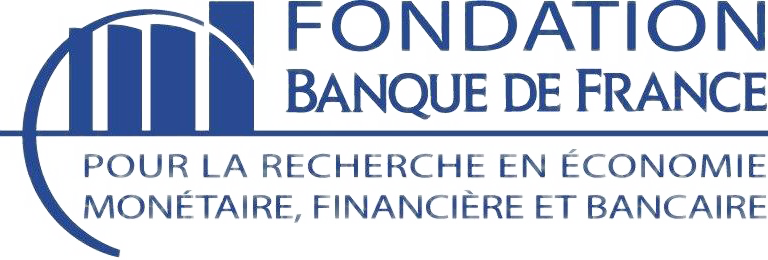
Imperfect Competition in Financial Markets: Island vs Nasdaq
Bruno Biais, Christophe Bisière, Chester Spatt
The Internet reduces the cost of exchanging information. Electronic markets exploit this opportunity to enable investors to place quotes at very little cost and compete with incumbent trading systems. Does this quasi–free entry situation lead to competitive liquidity supply? We analyze trades and order placement on Nasdaq and a competing electronic order book, Island. While Island traders often undercut Nasdaq quotes, they undercut each other much less frequently. The coarse tick size prevailing on Nasdaq in 2000 was considerably reduced in 2001, while the Island tick remained very thin. This resulted in tighter spreads on both markets. These findings are inconsistent with the perfect competition hypothesis, under which Island traders should undercut each others as much as Nasdaq quotes, and quote zero-profits spreads, unaffected by a drop in the Nasdaq tick. We also estimate and test a theoretical model of competition in limit orders, and find that Island limit orders earned rents in 2000, but not in 2001. Our findings suggest that perfect competition cannot be taken for granted, even in modern financial markets, and that competition among markets complements competition among traders.
Télécharger la version PDF du document

- Publié le 27/11/2003
- 40 page(s)
- EN
- PDF (164.74 Ko)
Mis à jour le : 19/03/2019 16:54
